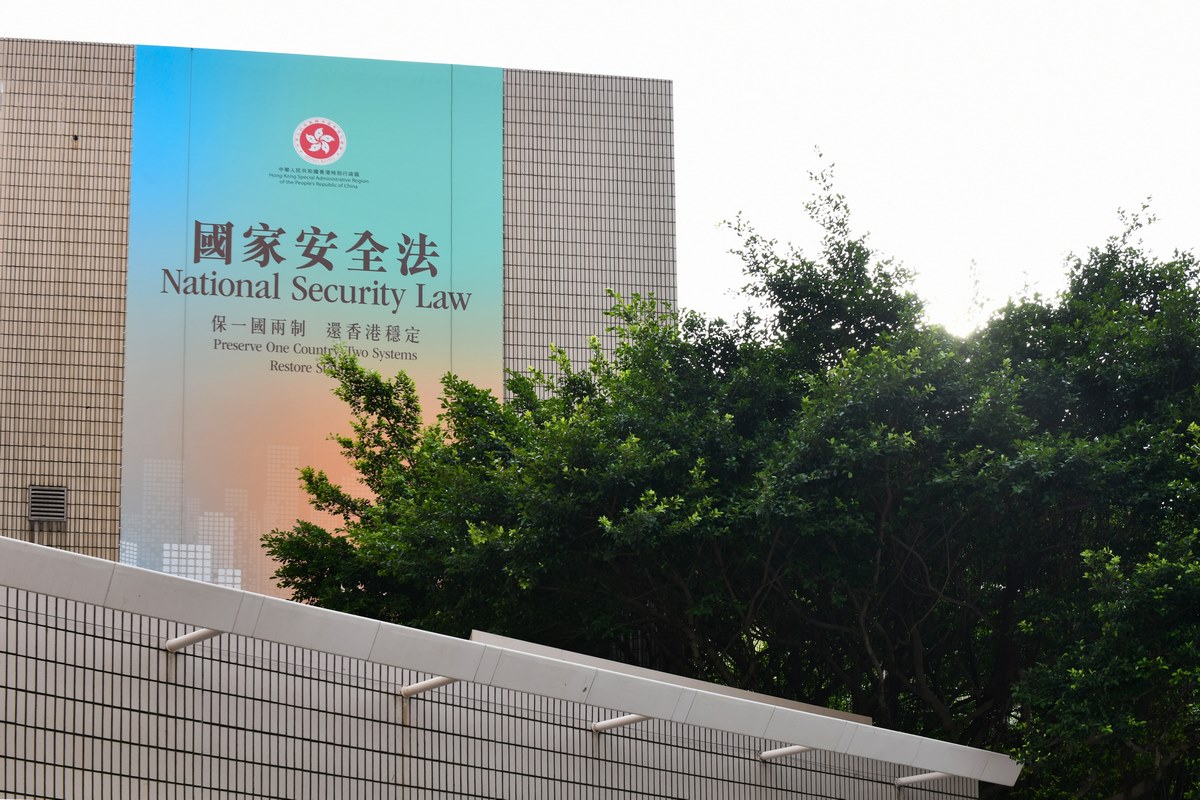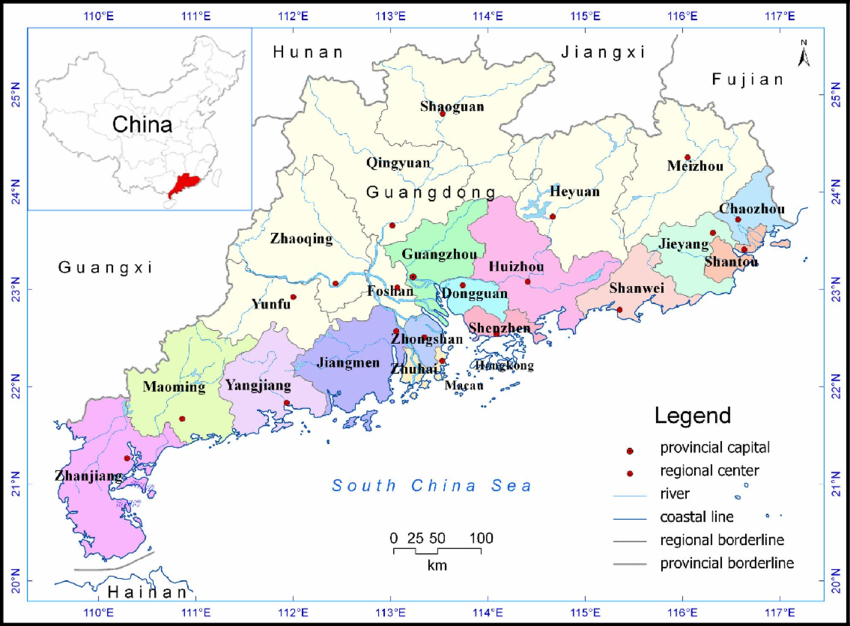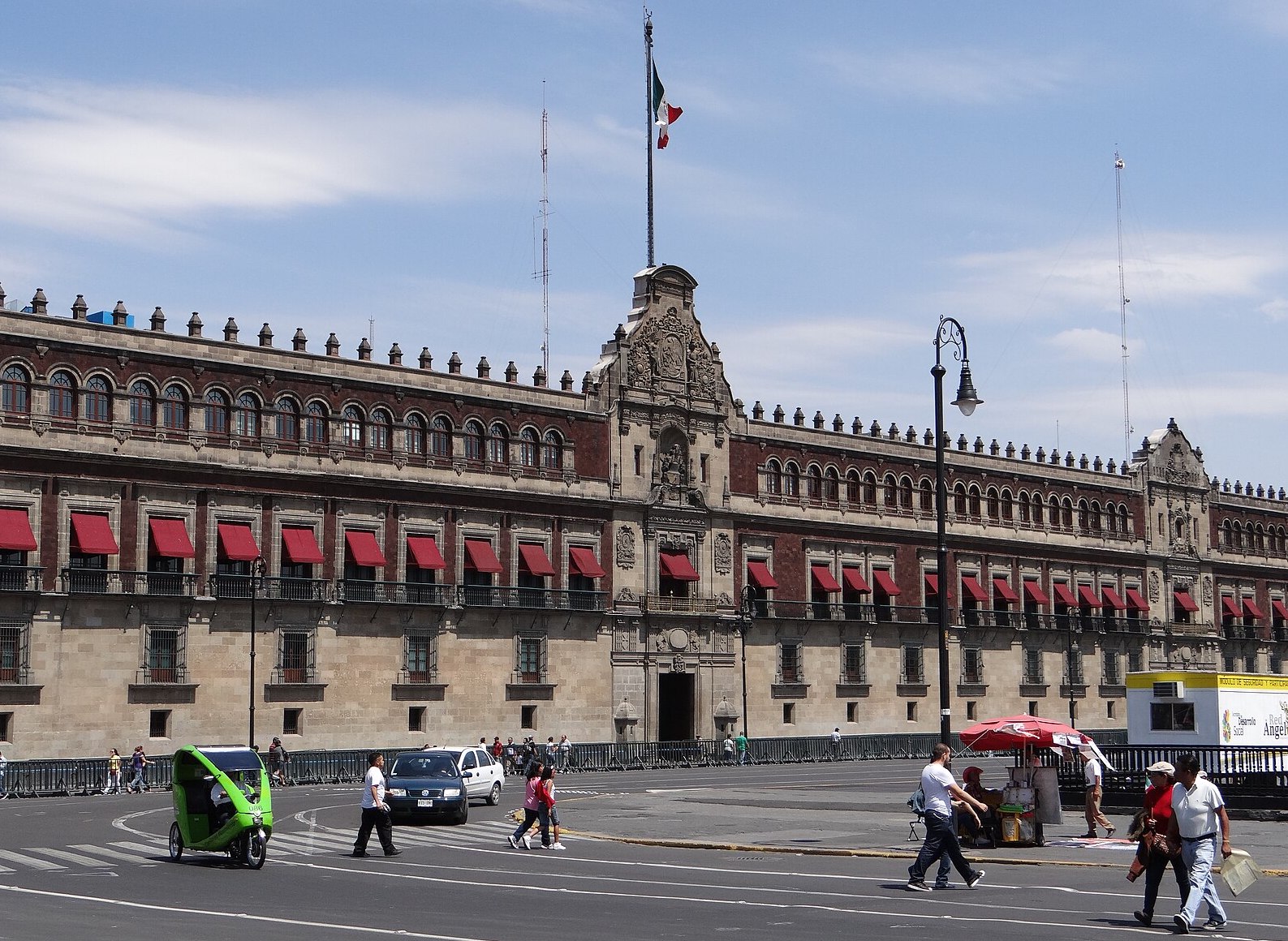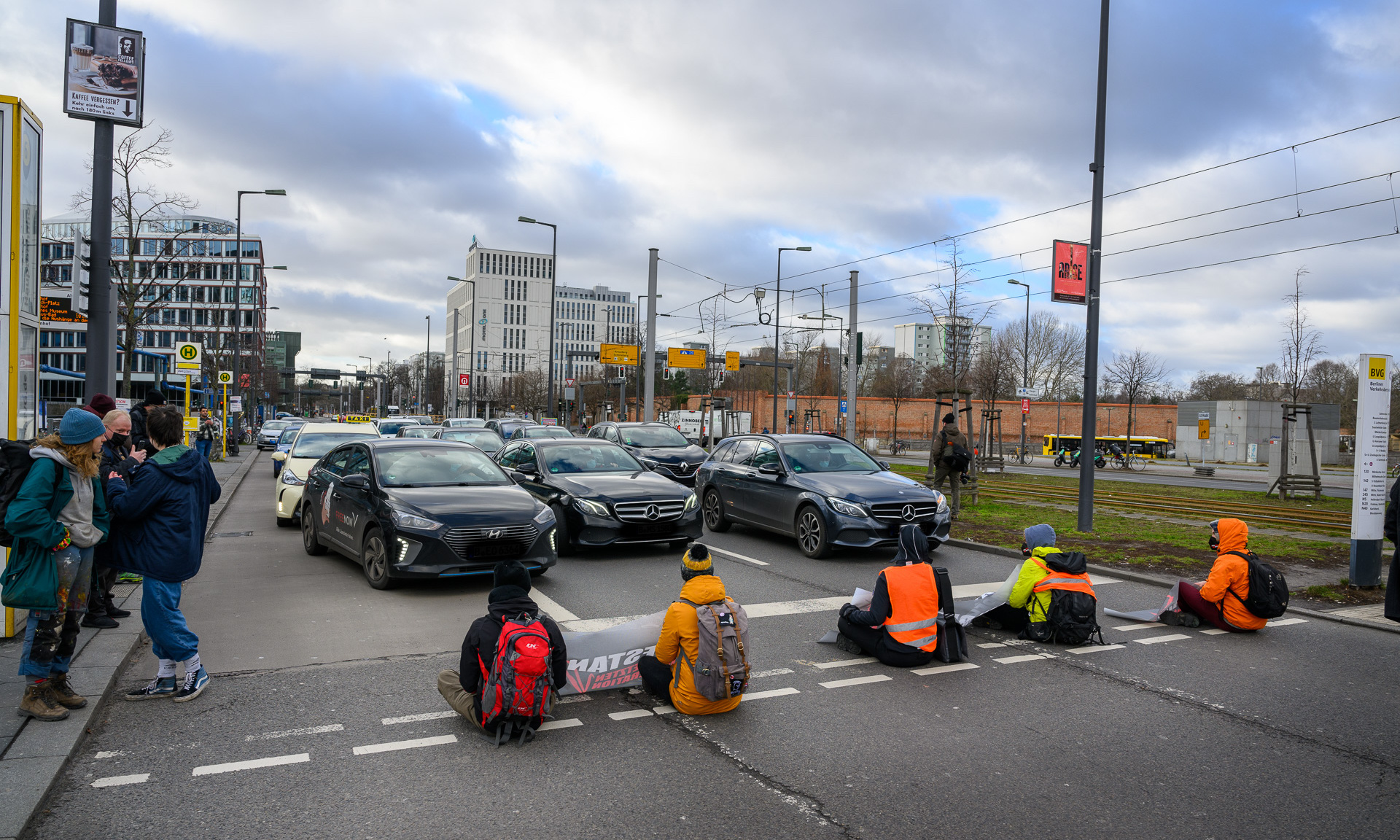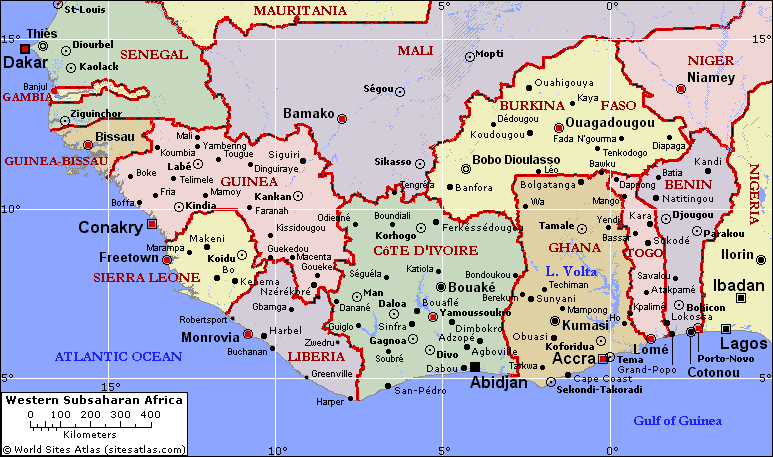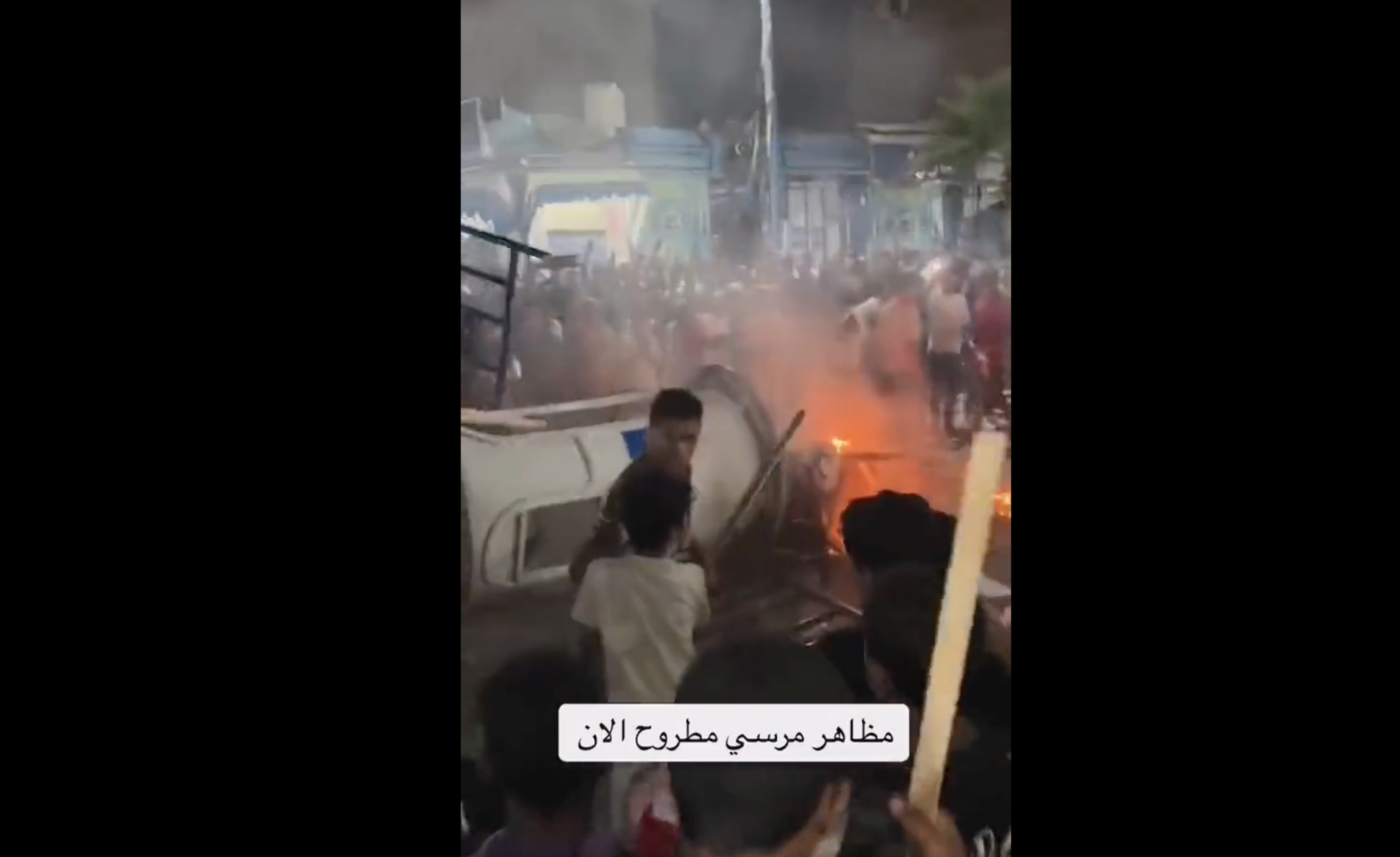
Podcast: rage against the technocracy II
Amid global protests over the genocide in Gaza, the hypertrophy of digital technology and its colonization of every sphere of human existence continue to advance, portending the ultimate eclipse of human culture and real life, the death of literacy, and the hegemony of saturation propaganda. While the Arab Revolution of 2011 was facilitated through social media, those same platforms are today being used as conduits for propaganda and disinformation lubricating the reconsolidation of dictatorships. This is all about to get much worse—with propaganda especially getting exponentially more sophisticated—through the advent of artificial intelligence. What is urgently mandated—ultimately, even to be able to effectively oppose genocides and dictatorships—is a revolution of everyday life, reclaiming human reality from digital totalitarianism. The uprising in El Salvador against the mandatory imposition of Bitcoin as legal tender in 2021 still stands as a glimmer of hope, pointing to the potentiality of this kind of revolution—even if the aspiring autocrat Nayib Bukele, who made Bitcoin a national currency, put down the uprising and is now consolidating an authoritarian regime. Bill Weinberg rants against the digital Borg in Episode 242 of the CounterVortex podcast. Listen on SoundCloud or via Patreon. (Image: Earth First! Newswire)



